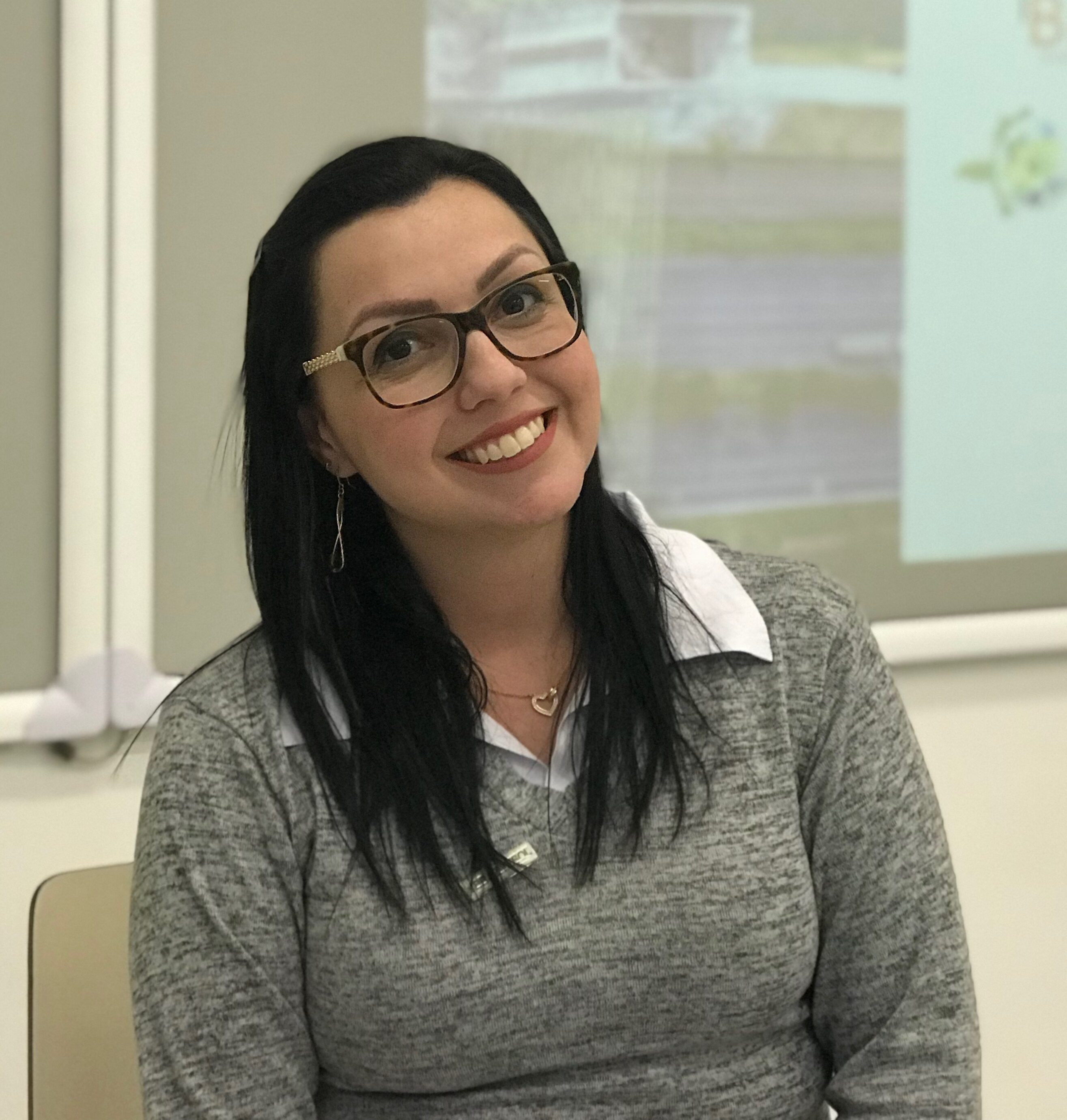Two thousand, eight hundred, seventy-nine tabs open – a reality
Had you been asked to divide your life into sub-categories, how many (and what) would there have been? Exactly. This how a teacher’s mind is all the time. Especially when in a classroom, while teaching.
During a lesson we are always concerned with our student’s mental processes – if they are processing the information being given, if they are accepting it, if they are following the steps, if they are acquiring language or skills, if they are overwhelmed, if their affective filters are high or low, etc.
At the same time, we are also thinking about the:
- Crucial moments of the lesson (the beginning and end)
- Lesson steps
- Learning environment
- Atmosphere of the classroom
- Classroom temperature
- Level of the students
- Possible misfits or promotions
- Monitoring moments
- Feedback moments
- Homework that will be assigned
- Next lesson
- Future plans for these students
- Cambridge Tests
- And more
Not only that, we also have our personal lives to take care of – going to the supermarket, doing exercises, resting, studying, etc.
Does that happen to you? I guessed so. And what do you do in order not to feel overwhelmed or mentally exhausted right at the beginning of the term or at the end, for that matter?
Forbes magazine states that constant decision-making, clutter and over-committing, being perfectionist, and having lack of sleep are some of the causes listed under mental fatigue. You may think that this is describing you. Now, the question is – how to avoid all that?
The commonest answer is to better organise your schedule and be realistic. Well, an easy task to accomplish, right?
No, it is not that easy, especially if you have been in this vicious cycle for quite a time now. However, based on some of the design sprint ideas to find faster solutions, I came up with “batch tasks” (which is a term that already exists) in which you separate the tasks you have to do by contexts (supermarket, lesson planning, correcting texts, gym, etc) and also by modes – when I wake up my brain is relaxed and creative, I will prefer to study, to read, to plan a lesson, to do exercises / whereas after lunch I feel less energetic, then, I prefer to do tasks that are more repetitive and do not need a lot of creativity to be involved, as correcting tests.
If you are more visual, you can organise your to-dos into two big combining circles: modes and contexts. And you can have that on your wall on a glass board or simpler than that, on a plastic board (made of transparent plastic tablecloth – the ones you use when there are children around, so they won’t spill liquids on your beautiful wooden table). This last idea was given by Alice Turibio, and it really works.
Make sure you do what works better for you, and have in mind that this organisation is crucial for your well-being (as well as your students’). Maybe this can be one of your new year’s resolutions.
Further information on “how to batch your tasks”:





